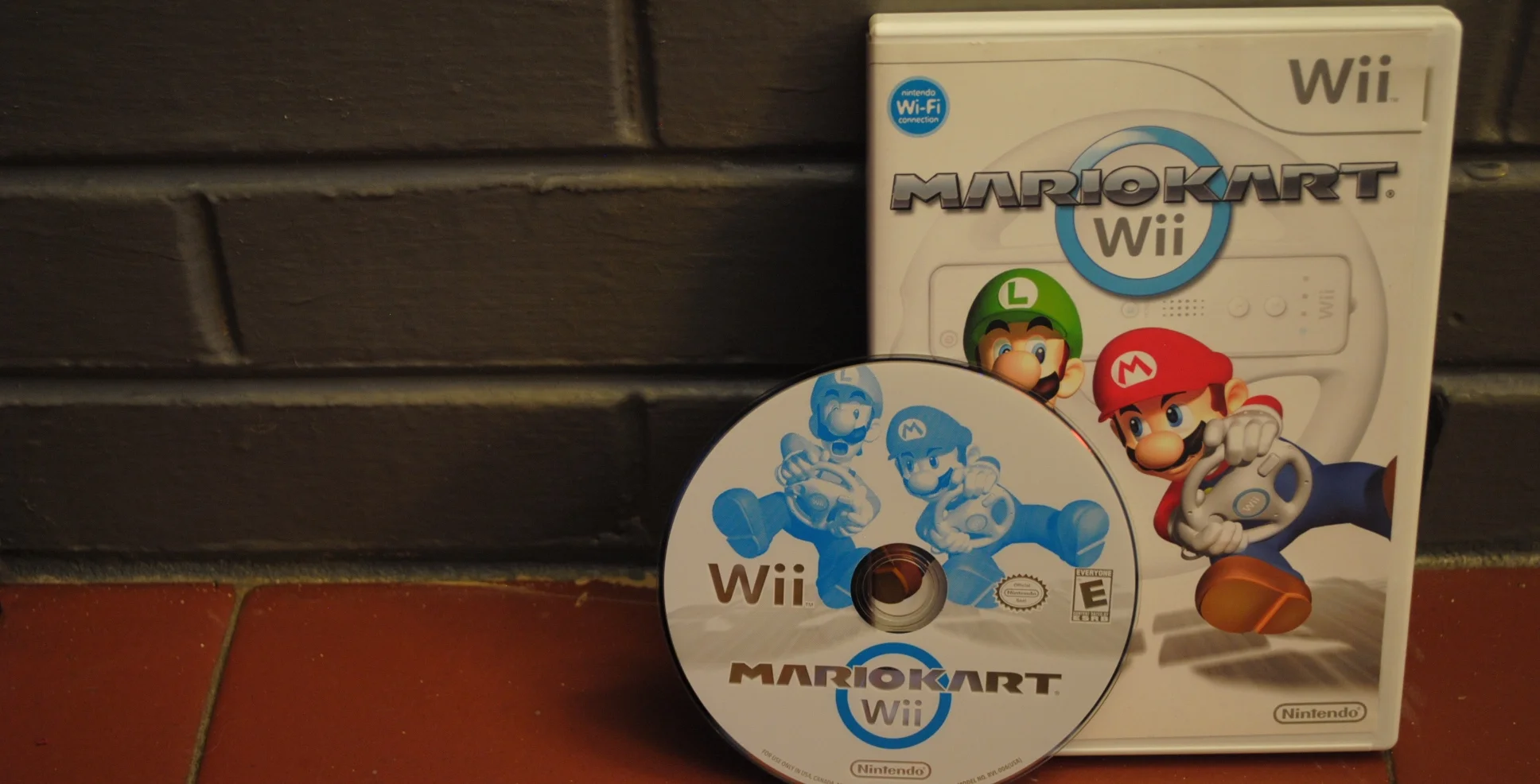A few days ago, the internet was swirling with rumors that Nintendo's next console, codenamed NX, would be running on an Google's Android OS. Today, Nintendo has denied these rumors outright. Whether or not they're not true, it's hard to argue that the hardware maker has yet to release a system with a truly spectacular OS, so it's a problem I'd like to seem them solve.
To be honest, I was excited about the idea of Nintendo handing off the boring parts of the OS to someone else because they're simply not very good at making a snappy (or sometimes even logical) foundation for their otherwise amazing software. The DS was extremely limited, the Wii had major issues with storage management, and the Wii U was so sluggish it required a significant patch to decrease transition times between games and the home screen. Even the 3DS, which got an OS speed bump with the "New" model and might be the fastest Nintendo OS yet, is still light years behind most mobile devices when it comes to launching and closing applications.
By building a new OS that is based on an established platform, Nintendo would be free to focus on the actual interface. Remember: many Android-based tablets have very customized interfaces (the Kindle Fire and NOOK are two easy examples). The best parts of Nintendo's recent OSes are all surface-level: Miiverse, the Wara Wara Plaza, StreetPass, the fun theme songs, and more. All of that (and whatever fantastic new ideas they might have in the future) could absolutely thrive on the NX while a modern and stable operating system base kept things fast and connected underneath the hood.
The Wii U's "Wara Wara Plaza," a gathering place for Miis (and their Miiverse posts) to gather around games that are trending on the system's social network.
On the Gamepad's screen, a familiar set of app icons might lead you to think your experience will be iPhone-esque; in practice, you'll be waiting a while.
The Nintendo 3DS, easily the fastest and most advanced Nintendo OS, supports themes (check out my Balloon Fight one!), resizable app icons, and was the first Nintendo OS to support folders.
Video games are at an interesting crossroads as the rise of mobile devices threatens the status quo of consoles and dedicated handhelds. While Microsoft and Sony have made strides in positioning their respective boxes as multimedia behemoths and game-streaming portals, Nintendo has been clung most firmly to their identity as game (and sometimes toy) maker. While that focus has yielded unique hardware designs, like motion control, glasses-free 3D, and a console/tablet hybrid, it seems to have come at the expense of having an OS that functions like anything resembling a current piece of technology.
For better or worse, kids have been trained to expect instant gratification from their iPhones and iPads; these devices open and close apps within a second or less. Give them a Wii U that takes between 7 and 30 seconds to load a game, and I have to wonder if they might not lose interest before the fun even begins. This problem will only get worse as Nintendo expands to offer games on actual mobile devices as a way to eventually attract those customers to their dedicated hardware.
Couched in the familiar wrapping of a device running iOS or Android, new gamers will be able to focus purely on the gameplay from these new mobile-only experiences. However, should a mobile consumer decide to upgrade to a dedicated Nintendo machine, if his or her first post-mobile Nintendo experience is substantially slower, how likely is he or she to incorporate regular use of the device? And what are the chances they give Nintendo a second chance in the future?
Android may not be the answer, but Nintendo needs to figure out a solution before the NX hits store shelves.












